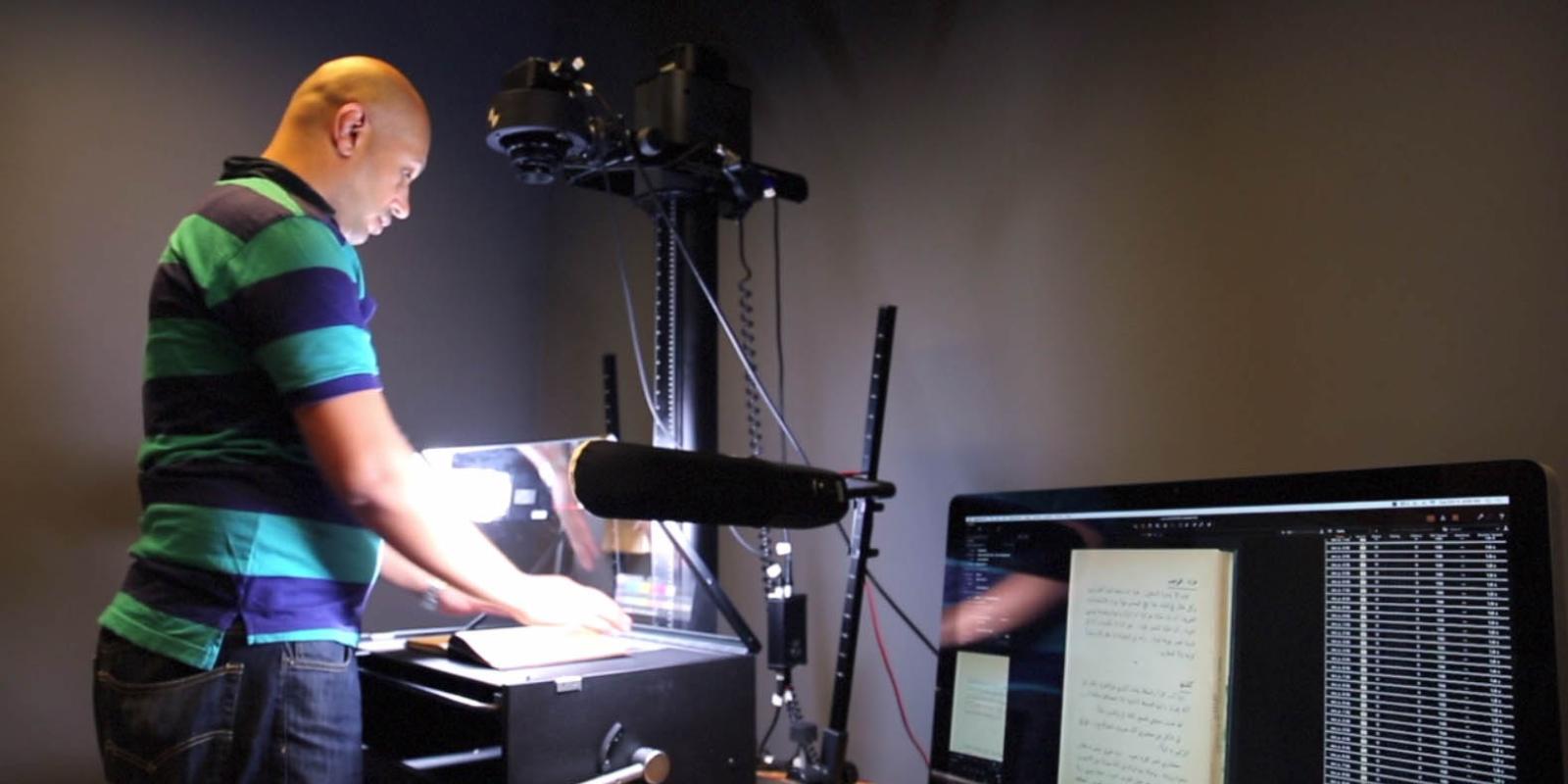
Usage of Arabic Collection Online of Which AUC is a Contributor Jumps 700% During COVID-19 Pandemic
With the onset of the global COVID-19 pandemic, New York University Abu Dhabi reported that usage of the Arabic Collections Online has increased 700%, with the number of monthly users jumping from 50,000 to 350,000 in March 2020.
Two years ago, AUC joined some of the world's top universities in creating the ACO, a digital archive of Arabic materials. The online archive comprises a digital library of some 15,000 Arabic works from the late 1800s to the early 20th century. The library encompasses works in different fields, from science, history and business to religion, literature and poetry.
"I am ... very pleased to see this huge increase in usage," said Mark Muehlhaeusler, director of the Center of Excellence for the Middle East and Arab Cultures at the AUC Library. "It suggests that there is a real demand out there for content in Arabic."
This jump is probably due to the increase in scholars accessing books online for research, Muehlhaeusler noted, and while there are plenty of Arabic full-text databases of classical texts, "only ACO can substitute for the original, citable versions of books."
Citing the impact of the ACO, Muehlhaeusler emphasized the increased access to Arabic books that are not largely distributed.
"We were able to direct a faculty member to ACO copies of novels that we did not hold ourselves and that had long gone out of print," he said. "Given our location in Cairo, we do not have access to inter-library loan of books, but ACO can deliver content to us."
Mentioning the impact that the ACO and other digitizing projects like it have already had on scholarship, Muehlhaeusler mentioned that access to books in English, French and German has long been available, while accessing Arabic content had been dependent on databases with doubtful legality and content.
"This is slowly changing, as Arabic e-books become available on a variety of platforms," he said. "ACO is contributing to this change, but providing electronic access to books and changing perceptions: that one can access Arabic books online, safely, without fear of copyright infringement, malware or censorship."
For AUC, Muehlhaeusler says it is important for the University to be a part of this moment, as it plays a critical role in preserving Egypt's cultural heritage.
"We are keenly aware of our responsibility to create access to our heritage collections for scholars and for the interested public. ACO helps us accomplish that mission," he said.
And being part of this project has not only helped the global scholarship community, but has led to improvements and offered practical training for the digitization team here in Cairo.
"Not only did [the team] acquire new skills, but the digitization work has made us rethink our digitization practices," Muehlhaeusler said. "The experience of working in a global network with colleagues in New York and elsewhere has been fantastic, and we hope that we can be part of any future projects that grow out of this one."
